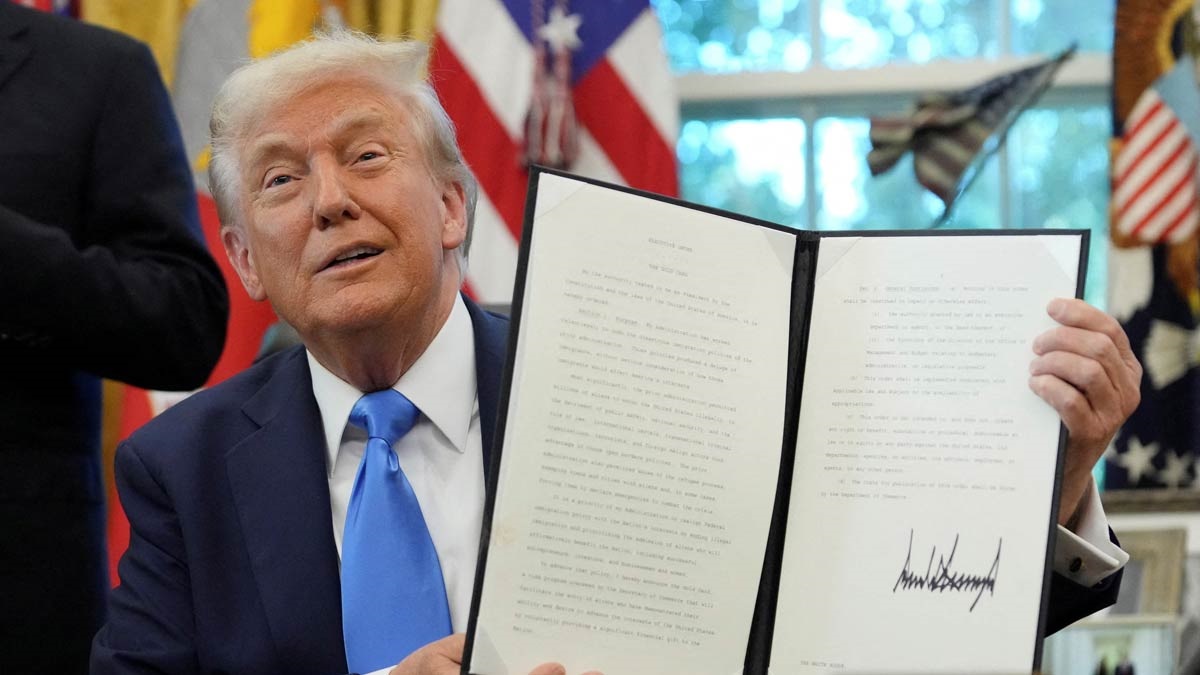H-1B visa: Trump government to make visa rules tougher, more restrictive

After the White House declared the $100,000 fee hike for the H-1B visas, the government has revealed that it might make the rules more restrictive. In a recent regulatory agenda, the Department of Homeland Security proposed to “reform the H-1B program by revising eligibility for cap exemptions, providing greater scrutiny for employers that have violated program requirements, and increasing oversight over third-party placements, among other provisions.”
The rule said that the “changes are intended to improve the integrity of the H-1B non-immigrant program and better protect U.S. workers’ wages and working conditions.”
The proposal listed December 2025 as the possible date for the rule to be published, Forbes reported.
In December 2024, a section of the rules for the H-1B visa, published by the Biden administration, was modified. The original draft at the time had said that a person who enters an occupation must have a degree that is a “directly related specific speciality,”, have a degree that is directly related to the work. When attorneys pointed out that the wording could prevent many foreign nationals from working in the US, the Biden administration revised the language to make it more relaxed and inclusive of emerging and evolving technologies and degrees. They said that instead of ‘direct relation’, there must be a logical connection between the occupation and the degree of the employee who holds the visa.
With the new proposal by the DHS, the Trump administration could revert the language to make it more restrictive by emphasising the 'direct relation.'
During Trump’s first term, officials sought to make it difficult for an employer to send an H-1B visa holder to work at a customer location. The USCIS also put policies that resulted in a massive number of H-1B denials.
In 2020, a judge had blocked the publishing of the rules because they violated the Administrative Procedure Act. After lawsuits, the agency reversed the restrictions.
This time, the government officials are trying to avoid the same fate.
The DHS is also planning to review and potentially narrow which employers and positions are exempt from he annual cap on the number of H1-B visas. This would affect non-profit research organisations, universities, and health care institutions that currently benefit from the exemptions.
World